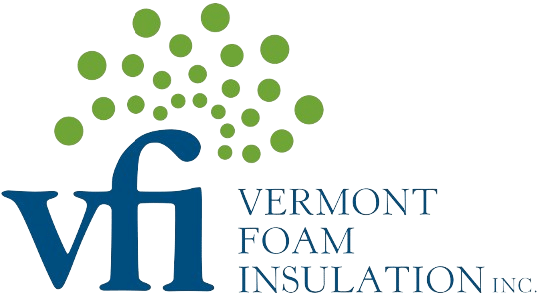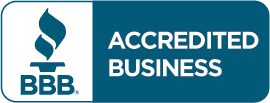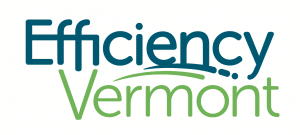One of the most common questions we hear from customers in southern VT and southwestern NH is, “What type of insulation should I use for my home?” Maybe you, too, have wondered which home insulation is best, or which types of insulation are most effective for homes in New England.
At Vermont Foam Insulation, we install a number of insulation types because, really, determining which insulation material will be best depends on the application. Read on to learn about the best insulation materials for homes in southern VT and southwestern NH — depending on which area of the home is being insulated.
The Most Effective Types of Insulation for…
Unconditioned Attics
In unconditioned attics, we most often use spray foam insulation to seal air leaks along the attic floor and then blow loose fill cellulose insulation onto the attic floor. Spray foam offers air resistance, while cellulose keeps naturally rising heat from escaping through the attic and roof during the winter. The cellulose insulation we install is made from recycled newspaper and has been treated to resist mold, pests, and fire.
Conditioned Attics
If the attic will become a conditioned space, we will typically install spray foam insulation along the roof slope cavity. In addition to sealing air leaks, spray foam has impressive insulating qualities, allowing it to effectively stabilize attic temperatures.
Exterior Walls
Our approach to insulating exterior walls involves injecting either cellulose insulation or spray foam insulation into the walls via small holes. Cellulose insulation can be blown into existing walls until it’s densely packed to provide excellent thermal resistance. Injection spray foam, meanwhile, is injected as a liquid and slowly expands over time to fill even the tiniest holes and cracks.
Interior Walls
While insulating interior walls is not as crucial as insulating exterior walls, doing so can offer much-needed soundproofing. We use a variety of insulation types for interior walls, including mineral wool and fiberglass batts, blown in cellulose insulation, and spray foam insulation. Which material we choose largely depends on whether we are insulating finished or unfinished walls.
Crawl Spaces & Basements
Crawl spaces and basements often attract moisture, so it’s important to use moisture resistant insulation materials in these spaces. We often use closed cell spray foam insulation because it offers impressive insulating power and moisture protection. Along the crawl space or basement floor, we may also install rolls of expanded polystyrene for added waterproofing.
Find Out What Types of Insulation Are Best for Your Home
Ultimately, you’ll need the help of an insulation contractor to determine which insulation materials should be installed — and where — in your home. To find out what insulation materials are best for your home, get in touch with the team at Vermont Foam Insulation and schedule a free site visit. We’ll talk about your home’s unique comfort and efficiency issues and explore which insulation upgrades might be best for your home. Should you need a more in-depth energy audit to pinpoint your home’s precise insulation needs, our team can provide that service as well!








